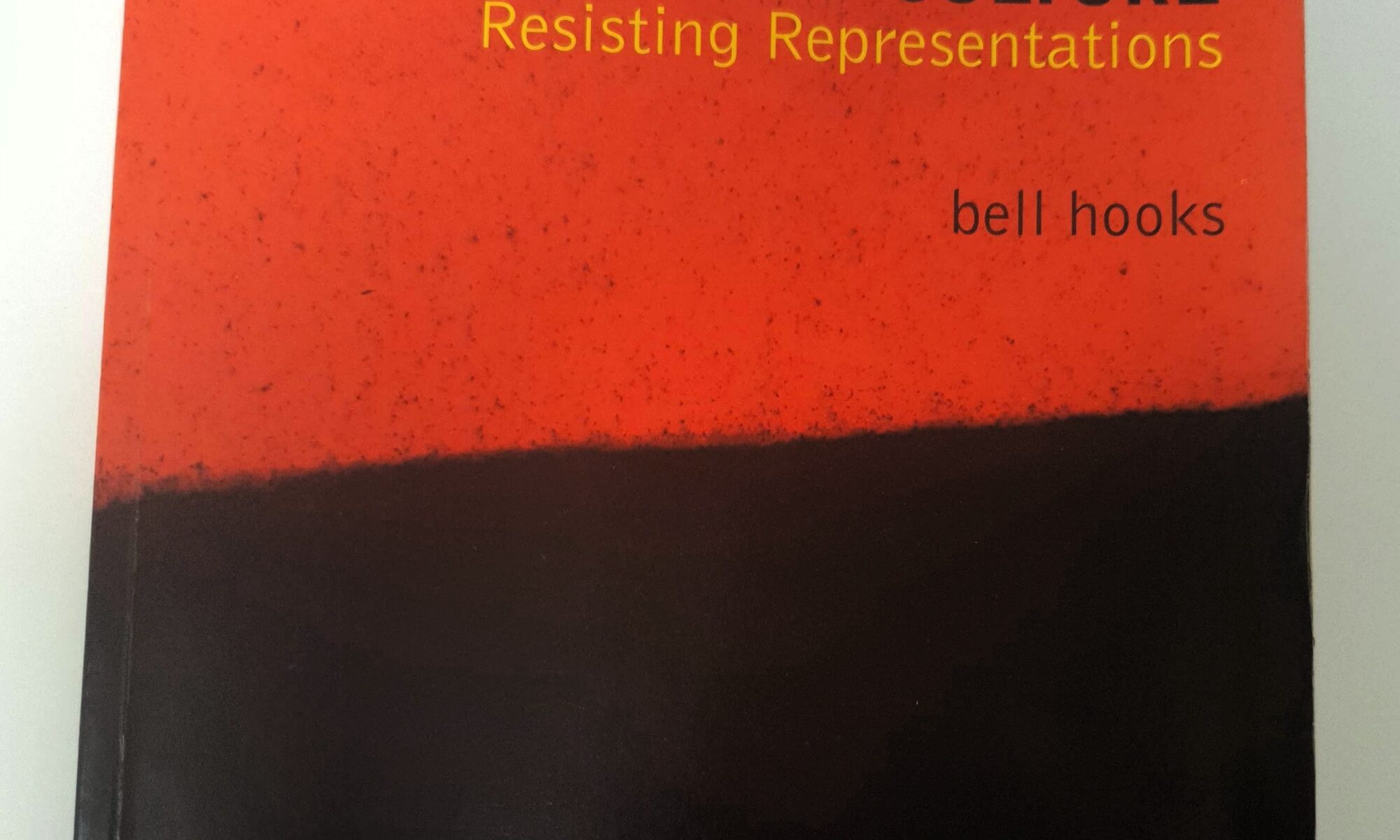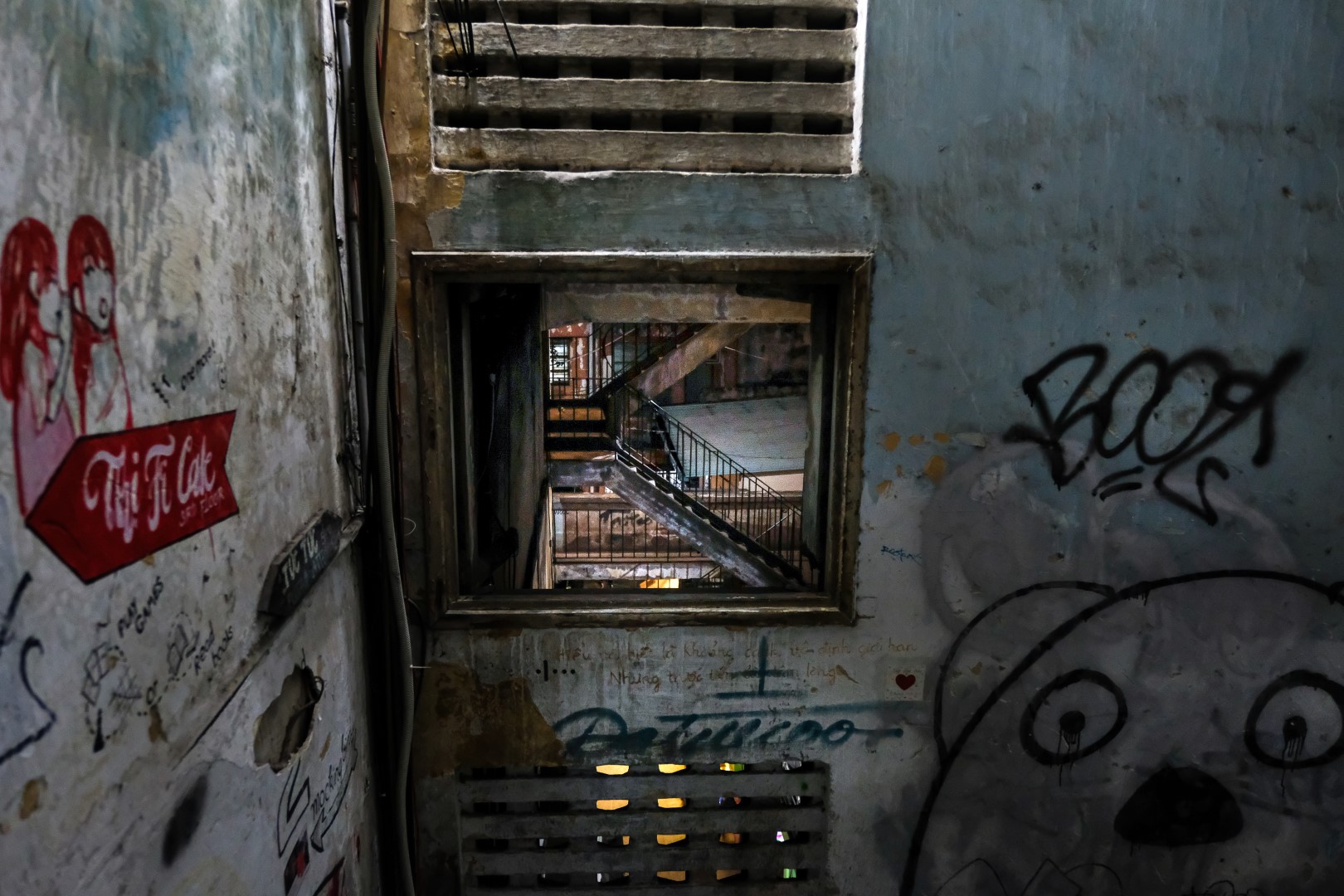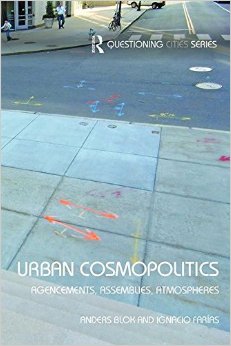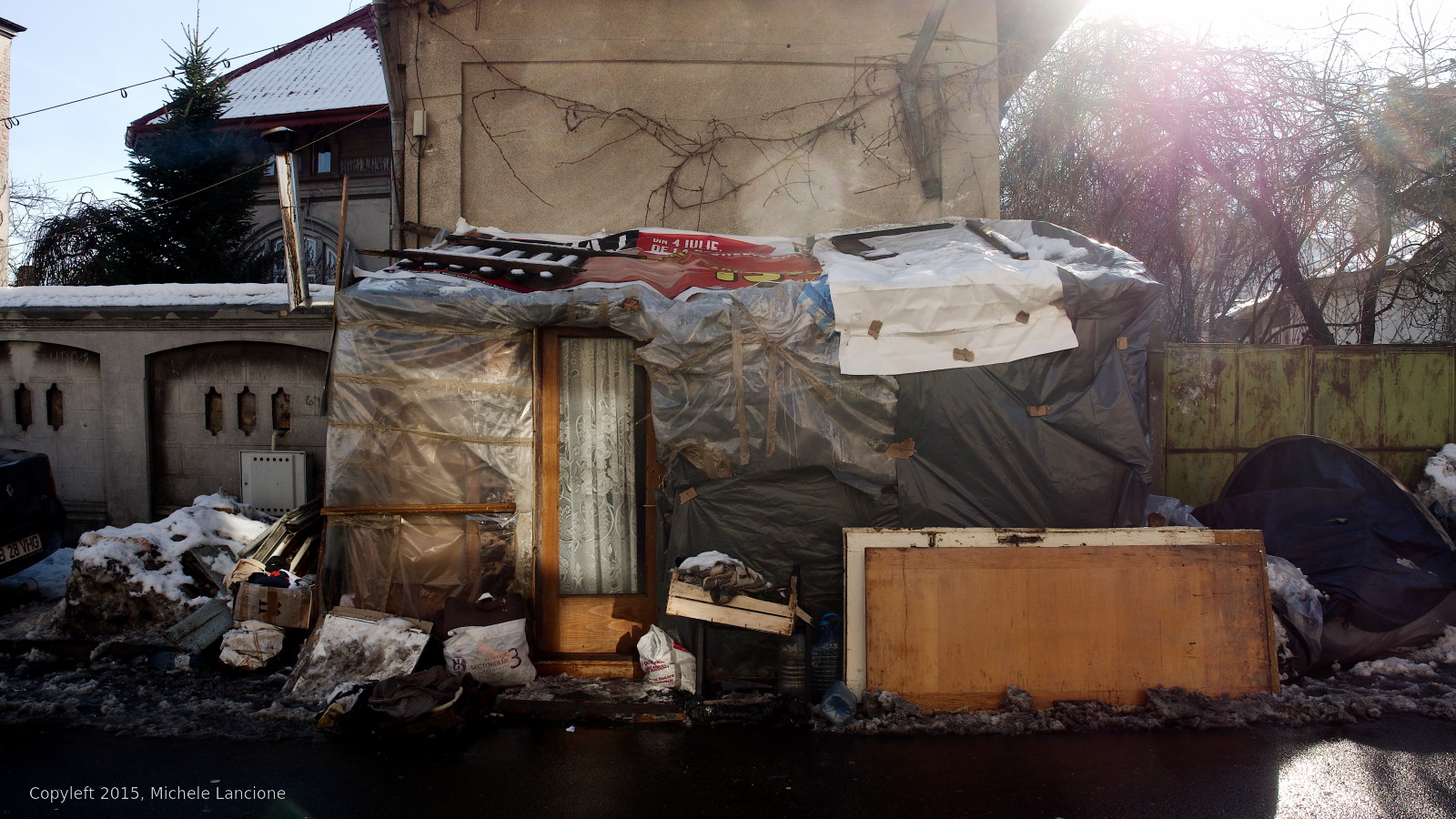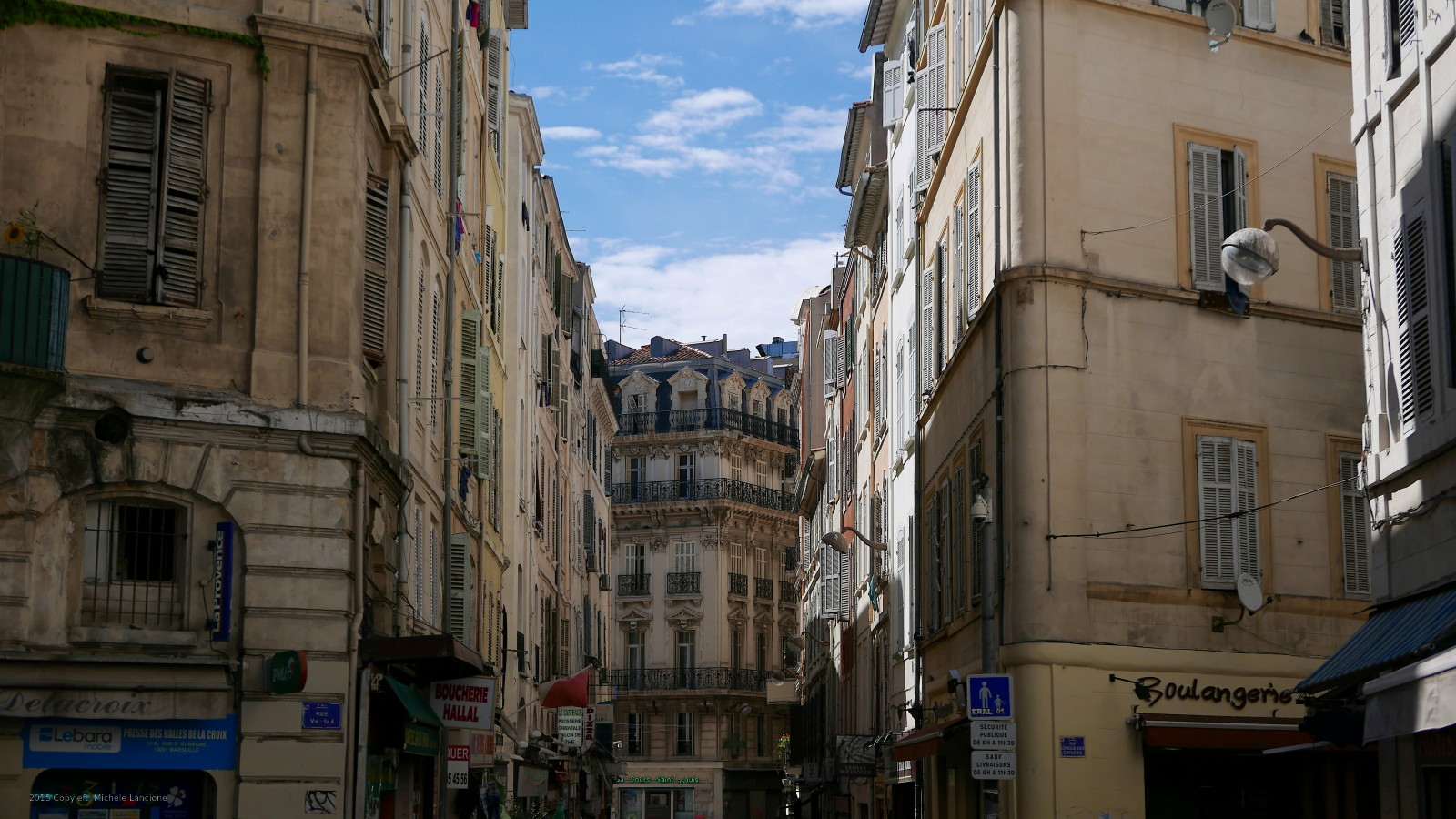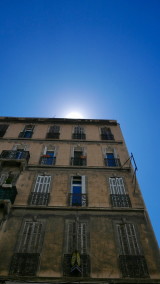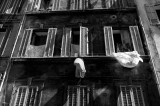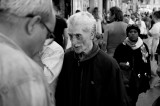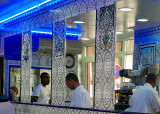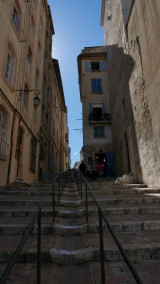The Life at the Margins and Urban Human research group at the Urban Institute invite you to our new seminar series, “Dwelling in Liminalities: Uncanny conversations”, which I am organising with my colleague AbdouMaliq Simone.
The series will start in Spring 2020, and will include 5 seminars with ten scholars coming from Geography, Visual Studies, Sociology and Anthropology Departments from both sides of the Atlantic. This amazing – and uncanny! – cohort of people will come to Sheffield to discuss with us around issues of marginality, urban entanglements, race, hustling methodologies, techno-imperialism and more.
You can find the program below as well as here: http://urbaninstitute.group.shef.ac.uk/dwelling-in-liminalities-uncanny-conversations/
Please feel free to distribute the news around, and of course feel free to join us when the time comes!
PRECIS
What is the meaning of dwelling in liminalities? In urban times when life becomes reconfigured by all sorts of densities and calculations, new and old forms of liminalities intersect to produce spaces of inhabitation that encompass traditional notions of margins, exclusions or expulsions. These processes become reconfigured in the larger restructuring of what urban life is and means in today’s machinic cities.
We have invited scholars working through a number of critical approaches, and we have asked them to provide their reading of the economies of inhabitation in uninhabitable times. What is the political in rethinking life through the liminal assemblage of the urban?
This emerging conversation will cut across geographies and fields of enquiry to provide an orientation to our collective critical labour.
PROGRAM
On hustling, density and tracing
with Tatiana Thieme (UCL) and Colin McFarlane (Durham)
Wednesday, 5th February, 2020
3-5PM, ICOSS Boardroom (Portobello St)
On pathology, sounds and the black radical tradition
with Dhanveer Singh Brar and Ramon Amaro (Goldsmiths)
Wednesday, 4th March, 2020
3-5PM, ICOSS Boardroom (Portobello St)
On bordering
with Suzi Hall (LSE) and Antonis Vradis (Loughborough)
Wednesday, 1st April, 2020
3-5PM, Geography Building, Teaching Room 2 (Winter St)
On techno-imperialism, race and the value of life
with Erin McElroy (NYU) and Andrea Gibbons (Solford)
Wednesday, 20th May, 2020
3-5PM, Geography Building, Teaching Room 2 (Winter St)
Of past lives and displacement
with Caroline Bressey (UCL) and Katherine Brickell (RHol)
Wednesday, 3rd June, 2020
3-5PM, ICOSS Boardroom (Portobello St)

